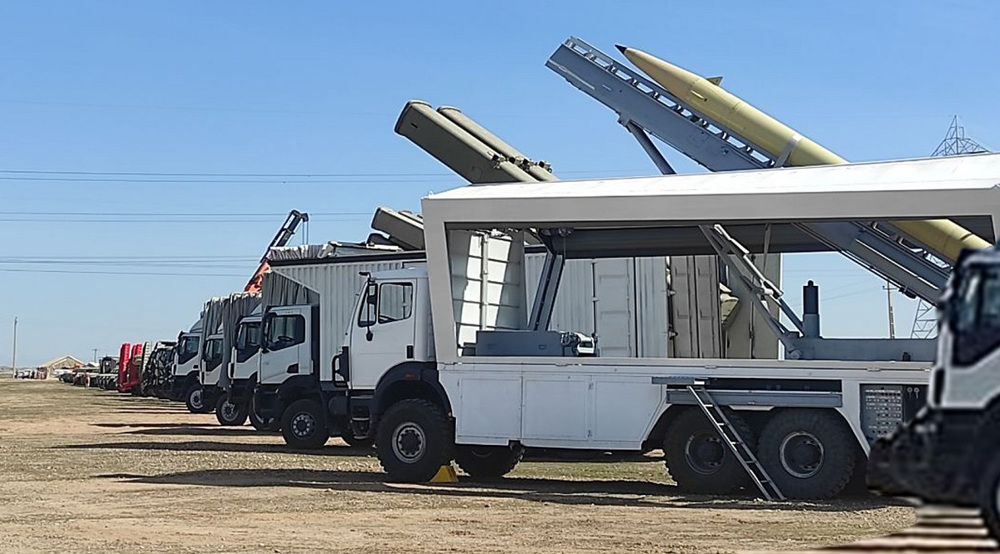Europe follows US lead in Russian oil bans, gas curbs
Saeed Pourreza
Press TV, London
The UK has announced plans to phase out imports of Russian oil and oil products by the end of the year while the EU says it will reduce its dependence by two-thirds.
As plans to phase out oil imports from Russia are drawn up, the ripple effects of the Ukraine crisis, are being felt across continent.
In London people are experiencing the economic cost of the military conflict in Ukraine at the gas pump. Prices have been rising since the start of this year, and have now hit a record high. And what that means is a knock-on effect on the cost of transporting goods and by extension, on the cost of living.
Russia is the world’s second largest exporter of oil. The EU imports 27 percent of its oil from Russia. The UK 11 percent, and the US just 8 percent. Which is why Europe will feel the effect of the ban far more acutely than the US.
The EU also plans to slash its dependency on Russian gas by two-thirds this year, that’s 26 percent of their supply. But to make it possible, expert says the Europeans will have to make difficult compromises. But could all this have been prevented? While the US and Europe blame Russia’s ongoing military offensive in Ukraine for the soaring energy costs, some experts say it’s a crisis that could have been averted:
The new bans will mean less oil revenues for Russia, and a faster transition to cleaner energy. But what it also means is a higher risk of inflation and recession across the continent.

Yemeni villagers struggle to save their farmlands amid US-Saudi blockade

IRGC Ground Forces test advanced weaponry on Great Prophet 19 Drills

Bisan and Ahmad: Stories from Gaza to New York
VIDEO | Plight of displaced Palestinians
Iran’s will centered on strengthening ties with African nations, says Foreign Ministry
VIDEO | London court tries veteran Palestine solidarity march organizer
BBC blasted for pulling documentary on Gaza children after Israel lobby pressure
VIDEO | Press TV's news headlines
Nearly a third of Canadians view US as ‘enemy’: Poll
‘No legal prohibition’ on sale of Shahed drone: Iran’s UN mission
EU weighting new aid package to Ukraine ‘to show support’ amid rift with US






 This makes it easy to access the Press TV website
This makes it easy to access the Press TV website